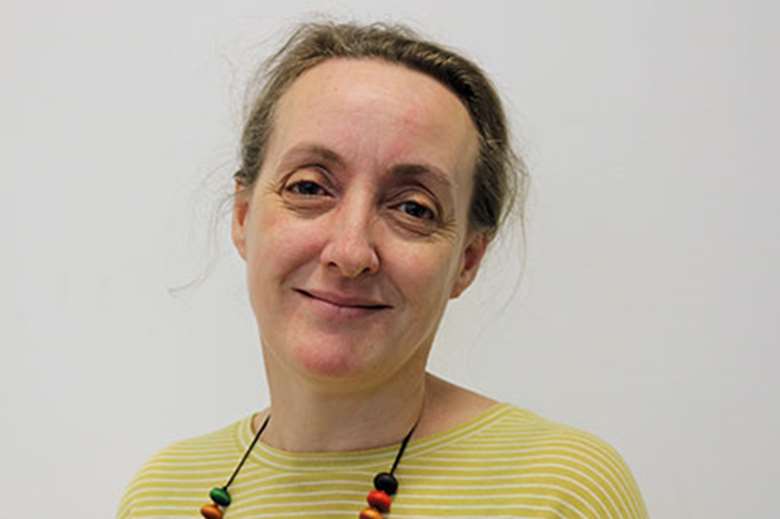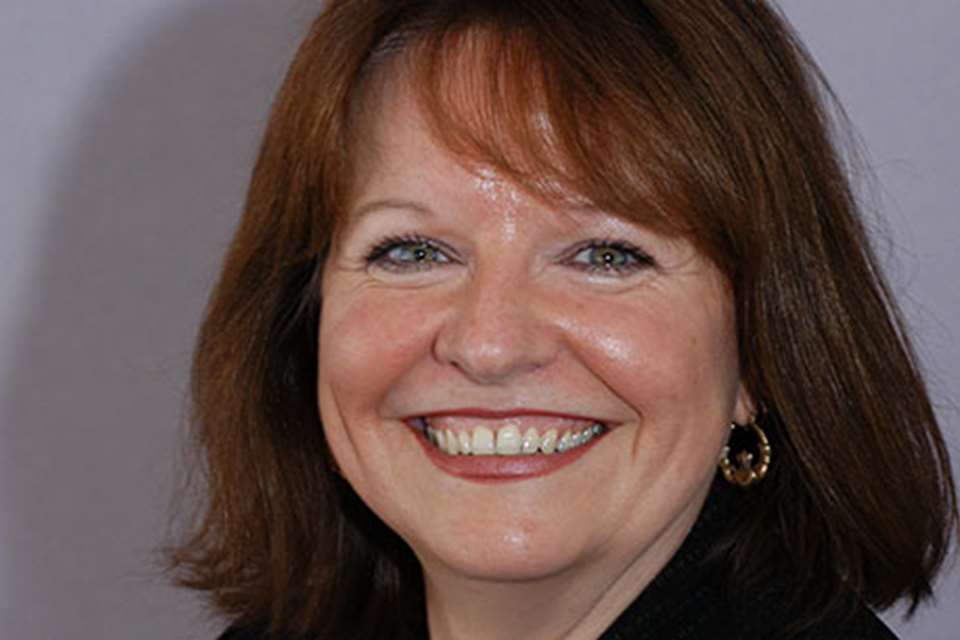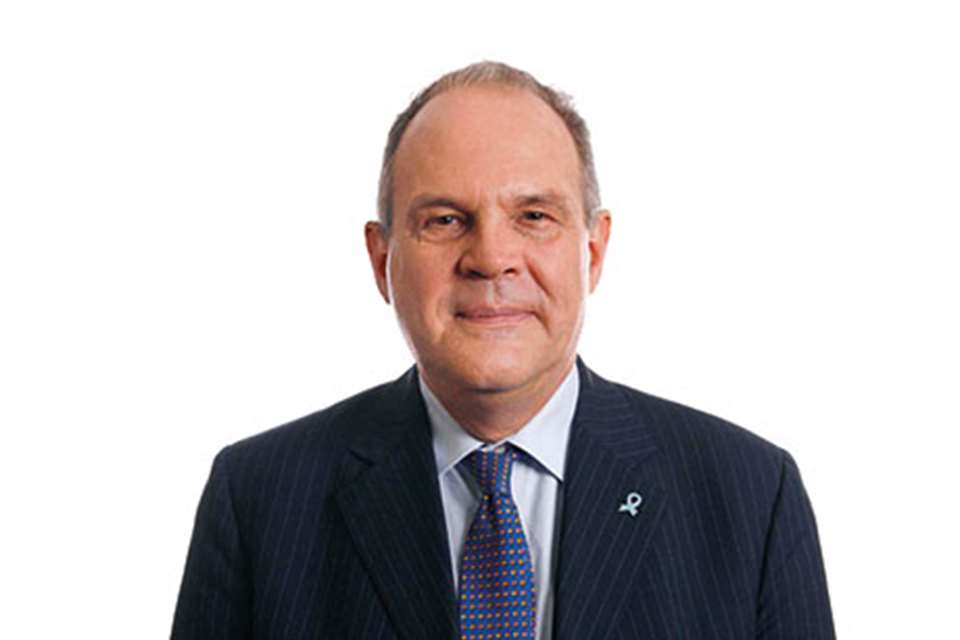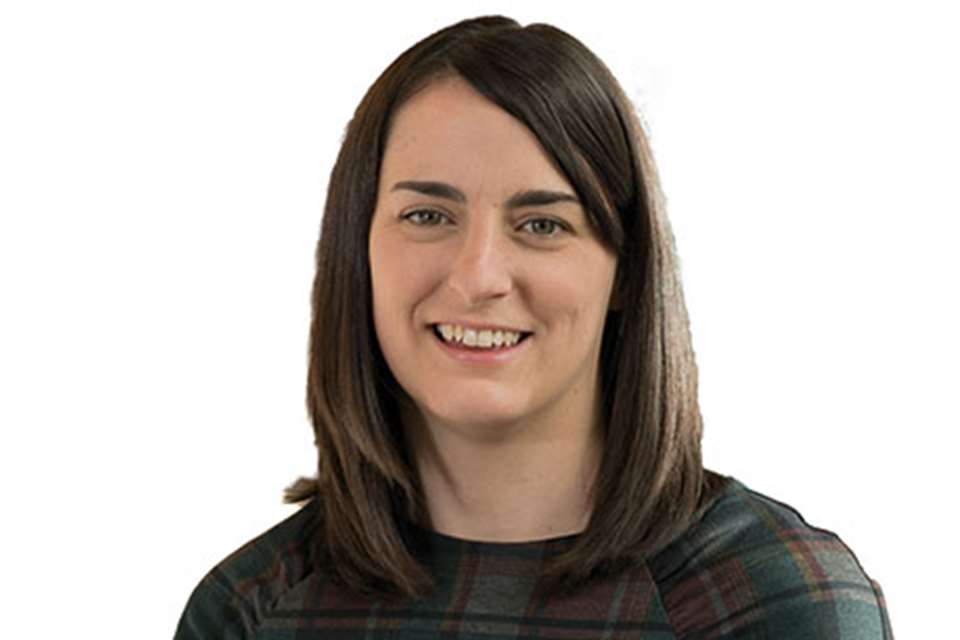Interview - Catherine Maguire
Monday, November 12, 2018
Community campaign network co-ordinator of the clean Air Team, ClientEarth, a non-profit environmental law organisation, which has given its backing to the National Clean Air for Children programme

WHY DO YOU THINK THE IMPACT OF POLLUTION ON CHILDREN HAS RECENTLY COME TO ATTENTION?
Our poll of parents ahead of the London Mayoral Elections in 2016 showed strong support for action to protect children’s health, so parents have been concerned for a while.
The effect of pollution on young children has been more prominent recently because more and more studies are coming out that show they are more vulnerable to the effects of dirty air.
I think it’s easy for people to realise that children are particularly vulnerable as their bodies are growing, and even if you are not a parent or carer you can understand the importance of protecting the next generation.
YOU’VE WON COURT CASES AGAINST THE GOVERNMENT OVER ILLEGAL AIR POLLUTION LEVELS – WHAT DID THESE CASES INVOLVE?
We’ve had to take the UK Government to court three times over its failure to take action to meet legal limits of air pollution that should have been met back in 2010. Each time the courts have ordered the Government to develop plans to meet these legal limits in the shortest time possible. However, the Government is still not doing enough.
WHY DID YOU GET BEHIND THE NATIONAL CLEAN AIR FOR CHILDREN PROGRAMME?
We know that parents and carers are particularly concerned about the effect air pollution is having on children, which is why we support the Clean Air Parents’ Network (CAPN) and their programme, alongside the British Lung Foundation, which calls for emergency measures to reduce air pollution where children learn and play.
Health professionals, leading experts, charities and many MPs are supporting this call being made by parents.
We are supporting a panel discussion at the end of the month, which will provide an opportunity for parents and carers based in London to come together and find out more about air pollution, how it damages children’s health and discuss what can be done.
We hope to run similar events in a number of places, including Birmingham, Manchester, Liverpool and York.
ARE THERE ANY MEASURES CHILDCARE SETTINGS CAN TAKE TO REDUCE CHILDREN’S EXPOSURE TO AIR POLLUTION?
Road transport is the main source of illegal and harmful levels of air pollution, diesel vehicles in particular, so anything that can reduce their use will help with the problem – things like car sharing, public transport, walking or cycling.
Nurseries and pre-schools might find it harder if they are in pollution hotspots, so one of the things the programme is calling for is for no new nurseries to be opened in these hotspots.
Those in hotspots could look at moving their main entrances away from polluted streets, keeping windows closed and ensuring that their ventilation systems have good filters that are maintained.
But the most effective thing to do is to reduce pollution itself, and that means people contacting their councillors and MPs to encourage them to do more to bring down air pollution.








